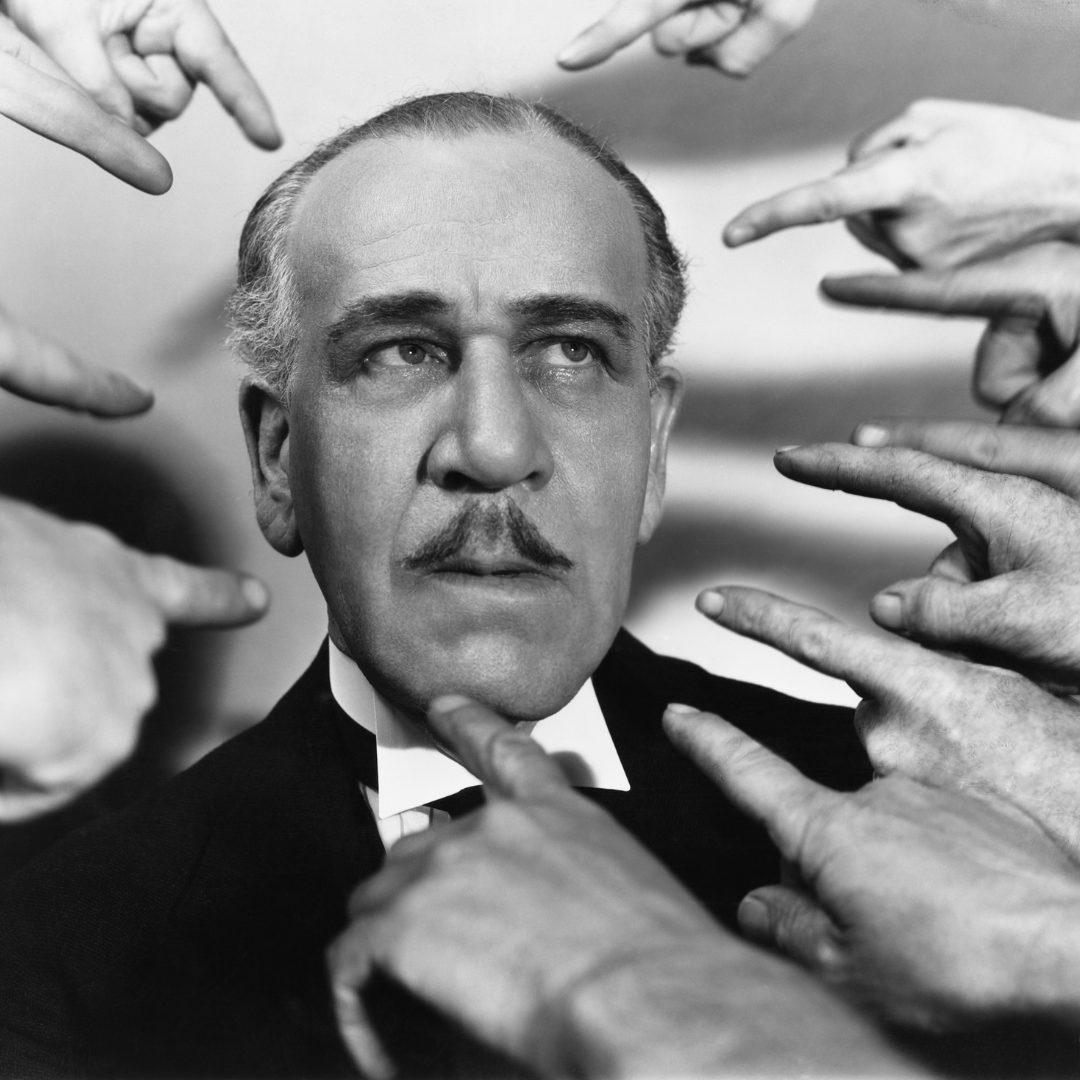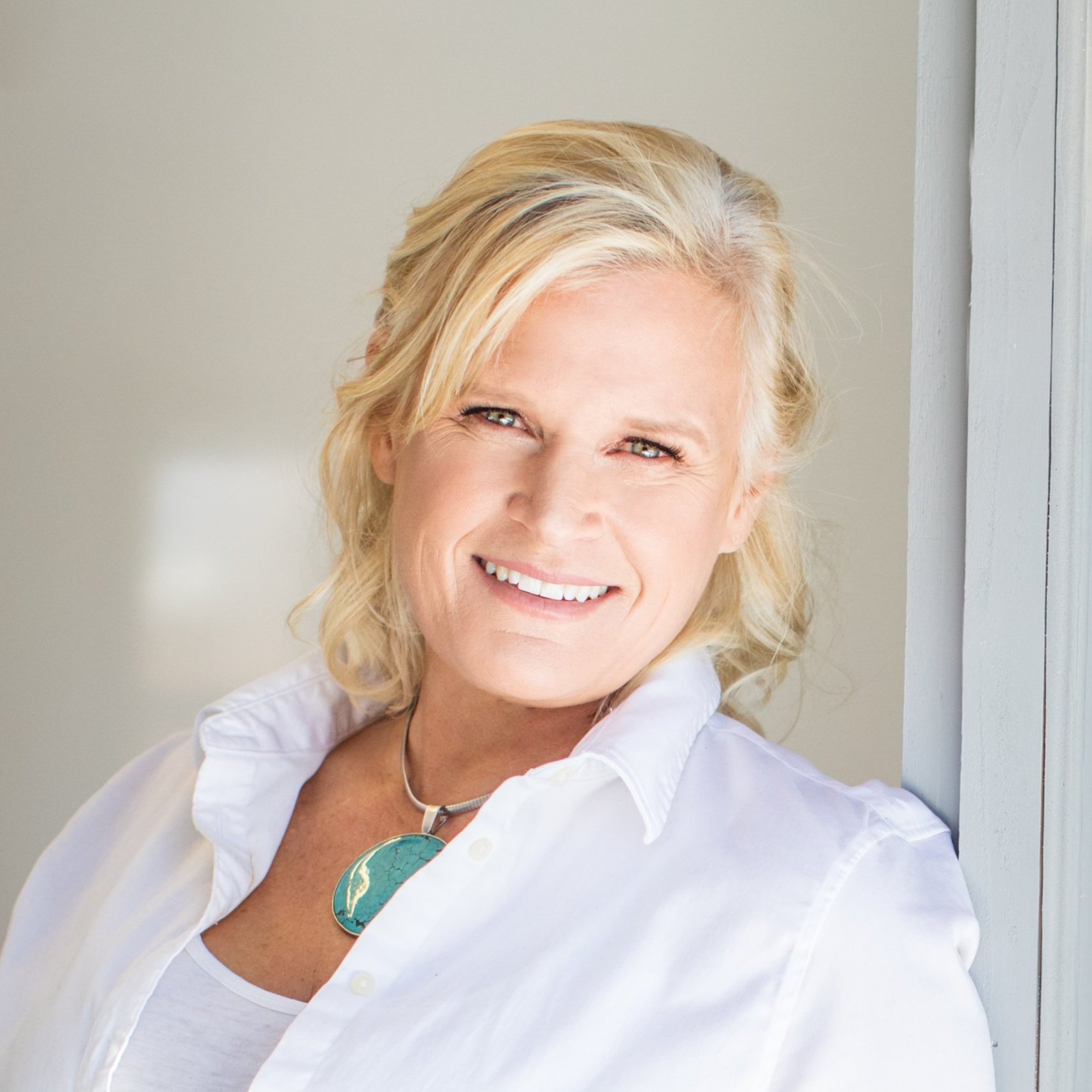Unveiling the Inner Critic: Navigating the Path to Self-Compassion
Do you ever feel like you can’t do anything right? Have you ever noticed that every move you make could be improved? Do you not try because you never measure up? Could it be that you have unleashed the Inner Critic in your mind? As a child with untreated ADHD and dyslexia, I found myself constantly battling an inner critic that tore me down every day. Energetic and authentic, I often engaged intensely with those I loved but struggled with self-Image for a blog on Unveiling the Inner Critic by Gail Suitor of Ignite Change Makers.
regulation and awareness of others. Being the third child, labeled as the "Black Sheep," added to the challenges.
Growing up, I needed guidance in developing a conscience, but lessons on social expectations often came in the form of harsh criticisms. To conform and be accepted, I learned to silence my inner knowing, giving control to my Inner Critic, who became a constant companion, criticizing my every move.In my late twenties, overwhelmed by the inner voice and feeling like a failure, I reached my breaking point. The constant barrage of self-criticisms haunted me throughout the day, affecting my self-image and well-being. It continuously taunted me, collecting data to prove the world would be better off without me.Acknowledging the need for help, I sought support, starting with antidepressants. Although treating my ADHD might have been a better approach, I am grateful for my journey. The antidepressants provided the energy to confront and contain my Inner Critic, marking the beginning of my healing journey.The Inner Critic Explained
The Inner Critic – that relentless voice within us all, dishes out harsh judgments and criticisms. Understanding and managing this internal adversary is crucial for our mental health, fostering self-compassion and personal growth. This blog delves into the intricacies of the Inner Critic, its origins, and effective strategies to silence its negative influence.The Origins of the Inner Critic
The Inner Critic often roots itself in childhood experiences and societal expectations. A Psychology Today article emphasizes the impact of childhood dynamics on the formation of the Inner Critic. Early experiences, especially those involving criticism and conformity, can contribute to developing this internal voice.The Neurodivergent Perspective
Neurodivergent individuals, such as those with ADHD and dyslexia, may face unique challenges with their Inner Critic. The study Well-being and Distress in University Students with ADHD Traits: the Mediating Roles of Self-Compassion and Emotion Regulation Difficulties showed that higher ADHD traits were associated with higher self-criticism. Understanding how neurodivergence intersects with the Inner Critic is essential for accurate diagnosis and tailored approaches to self-compassion.Seven Types of Inner Critics
In addition to understanding the origins and management of the Inner Critic, it's essential to recognize the diverse manifestations of this internal adversary. According to The Food Therapy Clinic, there are seven distinct inner critics, each with its unique voice shaping our self-perception. The Perfectionist strives for flawless achievement, setting impossibly high standards.The Inner Controller seeks control in all aspects of life, often leading to rigidity.The Taskmaster imposes relentless demands, creating a constant sense of pressure.The Underminer undermines confidence and self-worth, fostering self-doubt.The Destroyer amplifies fears of failure and self-sabotage.The Guilt-Tripper instigates feelings of remorse and inadequacy.The Conformist enforces conformity to societal norms.
Identifying which of these critical voices resonates most can be a powerful step in dismantling their influence and nurturing a more compassionate self-dialogue. The inner critic seemed to be one of the areas I excelled in. My inner critic utilized all seven of these types to keep me under its thumb. Breaking Free: Strategies for Inner Critic Management
Overcoming the grip of the Inner Critic requires proactive strategies. In her Psychology Today article, Dr. Margalis Fjelstad listed four steps that build self-compassion while silencing the Inner Critic:Awareness,Questioning,Deactivate, andReplace.
In my journey, I found a strategy that helped me put these steps to work in a small but powerful book, Untethered Soul, by Michael Singer; chapter 2, “Your Inner Roommate,” taught me the strategy I still use and teach in my programs “The Change Maker Accelerator.” The strategy allowed me to dismiss the voice that was destroying my life, chasing the toxic genie back into its’ bottle. Implementing these strategies empowers individuals to regain control over their self-talk.Conclusion:
Navigating the complex terrain of the Inner Critic is a transformative journey toward self-compassion. By understanding its origins and adopting effective management strategies, individuals can break free from the shackles of self-criticism, foster a healthier relationship with themselves, and engage more fully with others around them. Remember, the Inner Critic may be loud, but with the right tools, it can be evicted and replaced with self-acceptance, self-celebration, and kindness.Sources:
Save Your Spot for
The Change Maker Activator Program!
Break free from labels so that you can ignite your brilliance!
Join my next Mastermind Pod or work 1:1 and create your own Ultimate Change Maker Blueprint so that you can melt away the negative beliefs and inner critics that have been holding you back and finally unleash your true brilliance!
I help learning disabled people break free from labels so that they can appreciate their unique brains, ignite their brilliance, follow their passions, and become the change makers they were born to be.
Create the life you want.
Book Your Complementary Strategy Session Today!
Hey There, I’m Gail Suitor
Living and working with a neurodivergent brain can be challenging. I know because I have one, raised three, and taught many over 25+ years.
I help learning disabled people break free from labels so that they can appreciate their unique brains, ignite their brilliance, follow their passions, and become the change makers they were born to be.
My Change Maker Accelerator Program uses Mastermind Pods to help participants learn the 7 strategies of highly effective neurodiverse people so that they can discover their superpowers, develop their Ultimate Change Maker Blueprint, and create the life they want.
Explore The Blog




